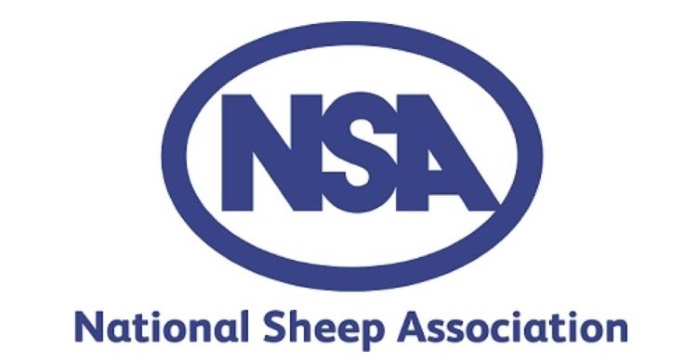A hugely successful four-day National Sheep Association (NSA) exhibition in the Houses of
Parliament culminated yesterday afternoon (Thursday 15th December) with a reception hosted by Food and Farming Minister George Eustice and featuring sheep farmers from Devon and Cumbria.
NSA welcomed the exhibition and reception as an opportunity to highlight its report on the Complementary role of sheep in upland and hill areas to an audience of MPs, Government officials and invited guests. NSA is working to circulate the specialist report as far and wide as possible, following its publication earlier this year to raise awareness of the wide range of public goods and services sheep farming in marginal areas of the UK provides, It is aimed to promote understanding among policy makers and opinion formers, with the aim of working towards a positive situation where farming, environment and societal needs can all thrive.
The exhibition was situated in the Upper Waiting Hall of the House of Commons, providing an eye-catching and interactive display relating to the report. MPs and visitors could view a video summarising the report, as well as a display of items relating to the sheep industry, such as sheep management tools, lamb recipes, fleeces and skins. NSA staff members were on-hand all week to engage with individuals and answer any questions relating to the report.
Phil Stocker, NSA Chief Executive, says: “We are delighted to have been given this opportunity, through the support of Neil Parrish MP and George Eustice MP, to present our report highlighting the many public goods that come from sheep farming and in particular the uplands. This audience will have the potential to offer a level of influence we considered to be crucial when we planned this exhibition, even before the EU referendum. Now its importance is even greater, as we face farming policies being restructured in light of Brexit.
“We set out with the aim to convince decision makers of the unique contribution upland sheep farming provides and this report has formed the basis of many discussions around the importance of marginal areas, some of the UK’s most iconic landscapes.”
Today’s reception concluded the week, attended by a number of MPs, Peers, Government officials, stakeholder representatives and NSA sheep farming members. In addition to comments from Mr Eustice, two sheep farmers from opposite ends of the country shared their experiences. Thomas Carrick of Alston, Cumbria, spoke about the balance between sheep and environment on his family farm in the Pennines. He outlined the ‘huge potential’ he saw in the industry, which was currently being stifled by over-prescriptive regulation. Helen Radmore of Yelverton, Devon, explained the many societal links of sheep farming, particularly its role in keeping rural communities alive where she lives in Dartmoor National Park. She described the importance of farming, environmental and rural schemes being led by farmers, to ensure they were suitable and effective.
Mr Eustice says: “Sheep farming, particularly upland and hill farming, makes a special contribution to our environment and society beyond food and wool production. This is an exciting time for the farming industry – we have an opportunity to build policies that recognise the value of the public goods and services our farmers can bring. I look forward to working together with the NSA and wider farming industry to make the most of this opportunity to reshape our future agriculture policy.”
The NSA Complementary role of sheep in upland and hill areas report was published in July 2016. View the report at www.nationalsheep.org.uk/policy-work.


